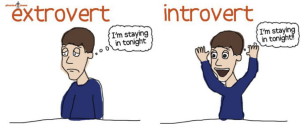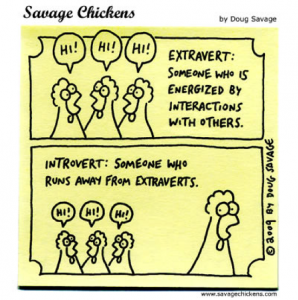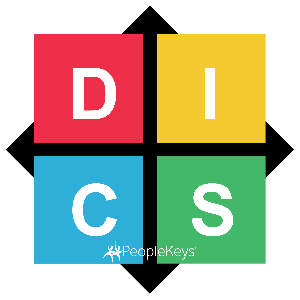- SHOP BY PRODUCT
- DISC TRAINING & CERTIFICATION TOOLS
- DISC RESOURCES
- BLOG
- SHOP BY PRODUCT
- DISC TRAINING & CERTIFICATION TOOLS
- DISC RESOURCES
- BLOG
- ALL ITEMS


.png)
A DISC report is a great way to understand the motivations, stressors, and conversational style of everyone you encounter. It’s a perfect method for measuring compatibility and helps you anticipate any potential stumbling blocks you might have when communicating with others. That said, you’re bound to run into situations where it would be incredibly helpful to know the DISC style of a person you’re interacting with, but it’s not possible to administer a full DISC test. (“Why, yes… I’d love to go on another date with you. Would you mind first taking this quick personality test?”)
Fortunately, there are three easy steps to determine DISC personality type without using a DISC report. You can identify anyone’s general personality style by analyzing a few simple visual and verbal cues.
Ask yourself: Is this person an introvert or an extrovert?

Extroverts gain energy from the outer world, while introverts gain it from the inner world. The best way to tell the difference is this:
An extrovert is a better talker than a listener. Extroverts are good at talking with strangers. They enjoy small talk and social interaction and feel comfortable around almost anyone. Being around other people energizes an extrovert. As a result, when they interact with you, their body language is typically open and relaxed.
An introvert is a better listener than a talker. Introverts aren’t especially interested in interacting with strangers and don’t look forward to small talk. They prefer one-on-one interaction with people they know well. Being around strangers or large groups of people exhausts an introvert. As a result, their body language is typically a bit more closed than that of an extrovert, especially if they don’t know you very well.

By process of elimination, the question of extrovert vs. introvert will narrow down your personality type choices by half:
Extroverts will be a D style or an I style personality.
Introverts will be an S style or C style personality.
To narrow it down further, consider this: If the person is extroverted, is their approach direct or friendly?
A friendly and extroverted person will have an I style personality. You can usually identify them by the kind of things they talk about. A friendly and extroverted person will enjoy telling stories, cracking jokes, and sharing personal details about their day. They will have a seemingly endless enthusiasm for conversation.
A direct and extroverted person will have a D style personality. This isn’t to say that people with a D style aren’t friendly. It’s just that their primary motivation isn’t socialization. They like meeting new people and enjoy interacting with others, but their patience for small talk isn’t endless. A direct and extroverted person is happy to talk with you, but they want you to get to the point fairly quickly. They are much more straightforward in their approach than the “friendly and extroverted” types. They will take control of the conversation, move fast, and speak quickly. A direct and extroverted person is typically far less patient than their friendly and extroverted counterparts.
If the person is introverted, consider this: Do they seem helpful and accommodating or cautious and analytical?
A helpful and introverted person will have an S style personality. An S is normally a little more relaxed and slower-paced in movement, more deliberate and thoughtful in speech, and are emotionally connected to the world around them. They care deeply about other people but are unlikely to share anything personal until they feel comfortable with you. A person with an S style personality would much rather talk about YOU than about themselves. A helpful and introverted person is very cooperative but approaches new relationships with a degree of skepticism. You’ll have to prove to them that they can trust you before they’ll truly open up.
An analytical and introverted person will have a C style personality. A C is typically more relaxed in pace and likes to take their time (like an S) but will ask direct questions (like a D). In fact, the high number of detail-oriented questions a C style asks you is usually the best way to identify them as analytical and introverted. An analytical and introverted person will examine anything you give them and will want to take their time to make their decisions. They hate being pushed (even more than an S does). An analytical and introverted person isn’t shy. They will be direct but in a slower, more methodical way. Be warned: getting them to share anything personal with you will be like pulling teeth. They enjoy their own company, and when cornered in an unsolicited conversation, they will constantly be looking for a way to escape.
Overall, this at-a-glance technique for determining personality type can help you in all of your initial interactions with other people. Knowing the visual and verbal clues that can help pinpoint personality style is especially helpful in interpersonal interactions where you want to forge a strong connection with someone else but getting a thorough DISC report isn’t possible, anything ranging from sales, team projects, and even romantic relationships.

© PeopleKeys. All Rights Reserved
WORKING DAYS/HOURS
Mon - Fri / 8:30AM - 5:00PM EST
